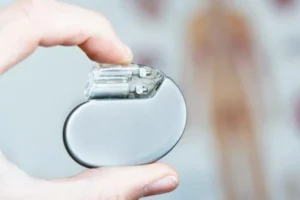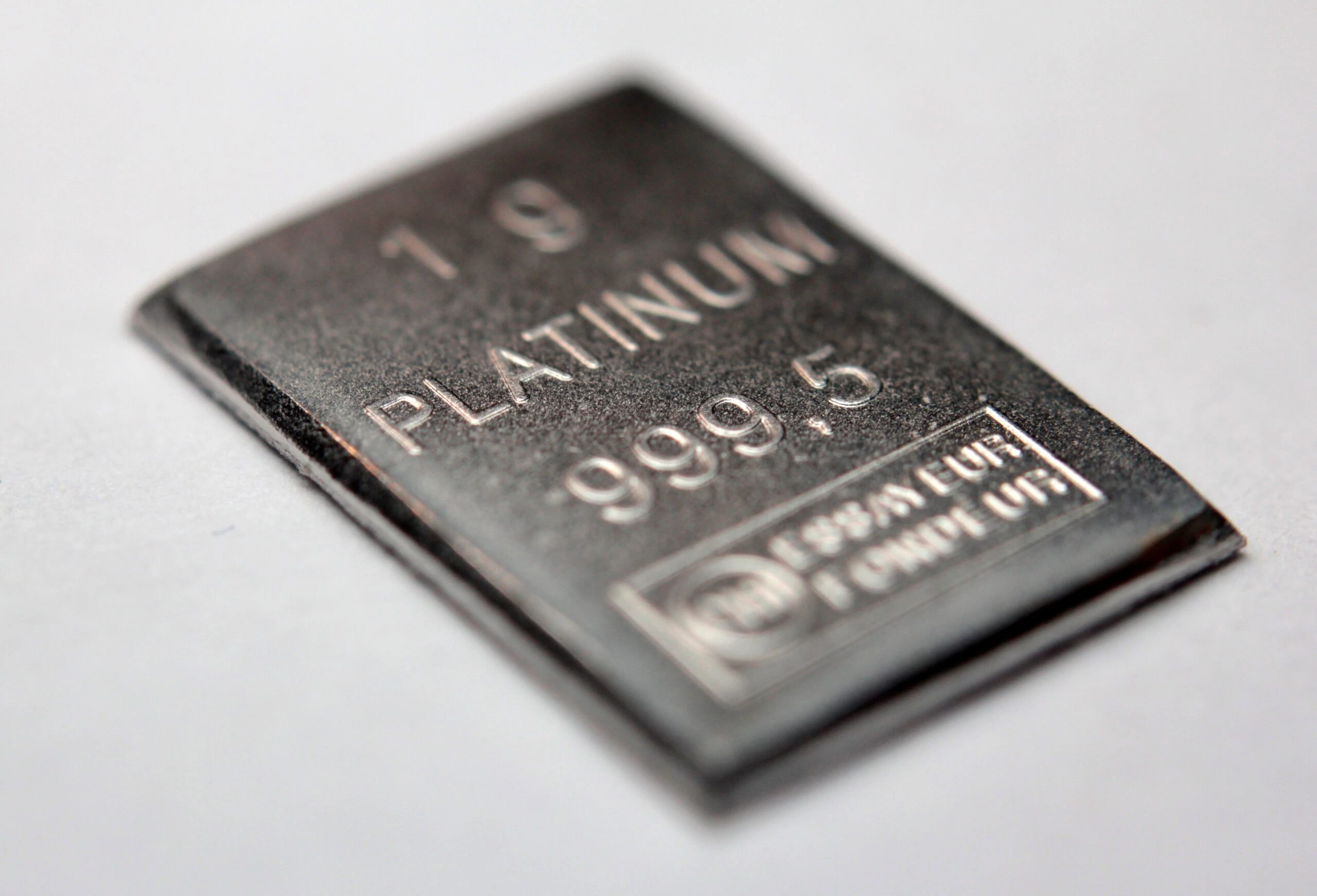When most people think of platinum, luxury jewelry or even catalytic converters come to mind – but there’s much more to this metal than fashion and cars! Platinum plays a major role in the medical industry, prized for its biocompatibility and electrical conductivity, among other traits. It’s used in cancer treatments, pacemakers, defibrillators and more. In the medical field, platinum truly lives up to its “precious” metal status.
Platinum’s Useful Traits in Medicine
Platinum, along with other precious metals, possesses several unique properties that make it ideal for use in medical implants, surgical tools and more. Its key benefits include:
- Biocompatibility: Platinum is compatible with the human body and can be safely used both internally and externally without causing adverse reactions.
- Resistance to corrosion: Platinum is a chemically stable metal, which largely contributes to its biocompatibility.
- Mechanical resistance: Platinum’s strength allows it to withstand strain and impact without breaking or deforming, making it great for long-term use.
- Electrical conductivity: Platinum’s high conductivity is useful in devices like pacemakers and hearing aids.
- Radiopacity: With a high atomic number, platinum is easily visible under X-rays, allowing for accurate placement and monitoring of implants.
Fighting Cancer with Platinum
The medical community began using platinum in a variety of different cancer treatments in the late 1960s. For example, platinum-based chemotherapy drugs designed to destroy cancer cells – such as cisplatin, oxaliplatin, and carboplatin – are often used in combination with other medications. These drugs are used to treat many types of cancer, including leukemia, lymphoma, breast cancer, testicular cancer, ovarian cancer, cervical cancer and more.
Every year, the medical community uses an estimated 25,000 ounces of platinum in anti-cancer treatments. As cancer rates continue to rise globally, experts predict that the demand for platinum will increase as well.

Medical Platinum and Heart Health
Platinum is a key component in medical devices that aid healthy heart function. For individuals with irregular heart rhythms, maintaining a steady heartbeat can be a significant challenge. To address this, medical professionals developed implantable cardioverter defibrillators, or ICDs.
One of the most common types of ICDs is the pacemaker. Most pacemakers rely on platinum-iridium electrodes, which are essential for delivering precise electrical impulses to the heart.
Platinum in Neuroscience
Platinum has been helpful in several neuroscience advancements, particularly neuromodulation where implanted devices help regulate, prompt or mediate brain activity. For example, platinum electrodes are used in cochlear implants to improve hearing, as well as in deep brain stimulating devices and brain-computer interfacing technologies.
Platinum in Catheters, Stents, and More
Platinum also plays a vital role in a range of other medical devices, including catheters, stents, surgical tools and more. Its radiopacity (aka visibility in medical imaging) is especially valuable in catheters and stents used for various diagnostics and treatment. Clear visibility under x-ray and other types of imaging is important for precise placement of the implants.
Platinum’s combination of strength, malleability, and biocompatibility makes it useful in surgical tools. Plus, the metal’s smooth surface is easy to sterilize, reducing the risk of bacterial buildup that could otherwise occur with more textured or porous materials.
Last but not least, platinum is commonly used in dental restorations – often in combination with other precious metals like gold and palladium. It brings exceptional durability, strength, and biocompatibility to crowns, bridges, PFMs and more, making it a trusted material in restorative dental care.
Platinum’s Universal Value
As a precious metals refinery, we certainly don’t take platinum for granted at Garfield. This rare and valuable metal plays a huge role not only in medicine, but in various other sectors. The world as we know it would not be the same without platinum!
If you have precious metal scrap that contains platinum, we can ensure that it gets recycled and repurposed, contributing to a sustainable supply chain. Stay tuned to our blog for more articles about platinum and precious metals recycling!
Established in 1892, Garfield Refining will get you the most for your gold, silver, platinum, and palladium. We offer the industry’s highest payouts and best customer service – that’s why we’ve been voted North America’s ‘Best Dental Refiner’ for 14 years straight.
If you’re looking to sell unwanted precious metals like gold, silver, platinum, and/or palladium, we’re here to help. Start your shipment today.

